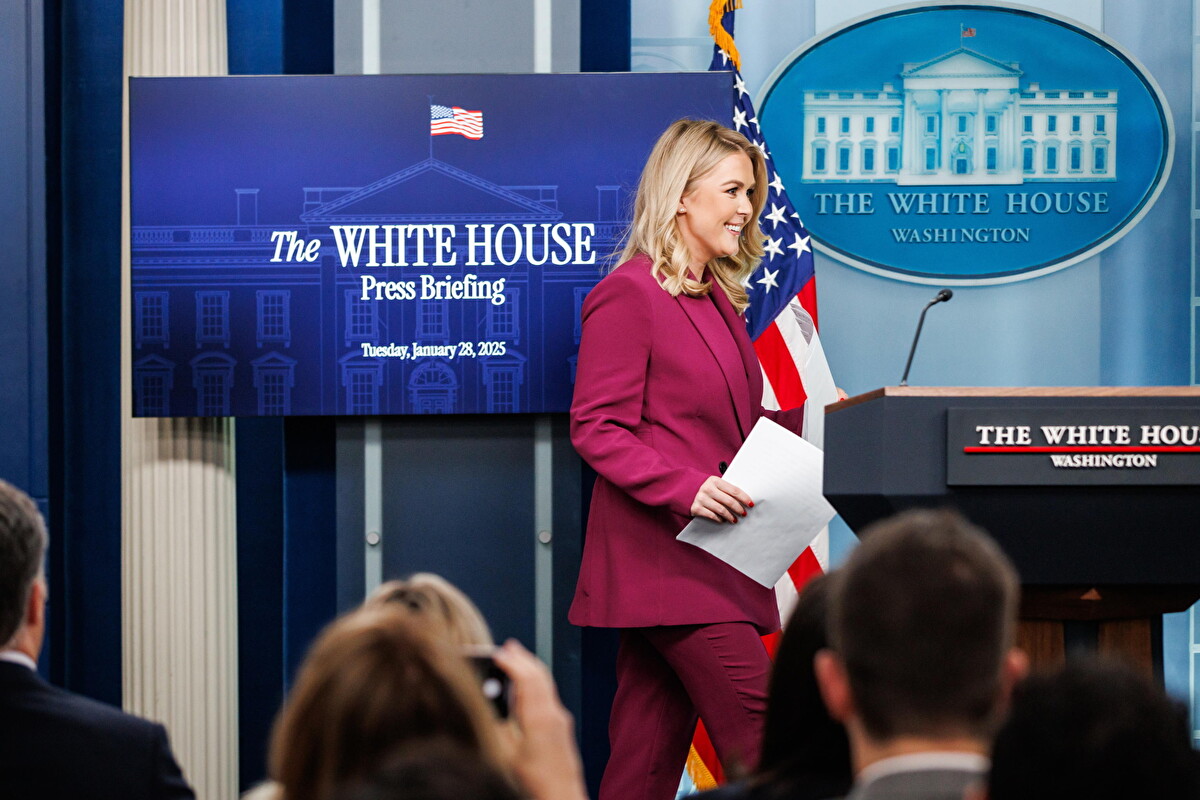According to the soon-to-be published book, “People vs. Donald Trump,” by former prosecutor Mark F. Pomerantz, the New York businessman and former president grew his business, fortune and fame “through a pattern of criminal activity”. Mr. Pomerantz reveals that the Manhattan district attorney’s office once considered charging the Trump with racketeering, a law often used against the Mafia.
Pomerantz resigned in protest early last year after the newly elected district attorney, Alvin L. Bragg, decided not to seek an indictment of Mr. Trump at that time. By then, the inquiry was more narrowly focused on whether the former president had fraudulently inflated the value of his assets to secure loans.
But for months beforehand, Mr. Pomerantz had mapped out a wide-ranging possible case against the former president under the state racketeering law. That broader approach was based on the theory that Mr. Trump had presided over a corrupt business empire for years, a previously unreported aspect of the long-running inquiry.
Mr. Pomerantz and his colleagues examined a wide range of Trump enterprises — including Trump University, his for-profit real estate education venture, and his family charitable foundation.
“He seemed always to stay one step ahead of the law,” Mr. Pomerantz, a prominent litigator who has prosecuted and defended organized crime cases, writes of Mr. Trump. “In my career as a lawyer, I had encountered only one other person who touched all of these bases: John Gotti, the head of the Gambino organized crime family.”
A lawyer for Mr. Trump recently sent Mr. Pomerantz a letter threatening that, “If you publish such a book and continue making defamatory statements against my clients, my office will aggressively pursue all legal remedies.”
The book, a copy of which was obtained by The New York Times, is a chronicle of the complicated and circuitous investigation, which ultimately produced charges against Mr. Trump’s longtime chief financial officer and his family business, but has yet to yield formal accusations against the former president himself.
Mr. Pomerantz’s book arrives as the investigation is ramping up once again, with prosecutors impaneling a new grand jury to hear evidence about Mr. Trump’s role in paying hush money to a porn star, Stormy Daniels, during the 2016 presidential campaign. The developments represent a significant escalation of the investigation and suggest that Mr. Bragg is again nearing a decision about whether to charge Mr. Trump.
A year ago, in the early weeks of his tenure, Mr. Bragg balked at indicting Mr. Trump for a case centered on the potentially fraudulent inflation of his assets. Although Mr. Bragg’s predecessor, Cyrus R. Vance Jr., had concluded that he had enough evidence to make that case, Mr. Bragg was concerned that there was insufficient proof that Mr. Trump intended to break the law, a necessary element of the case.
His decision to pull back just as the investigation was reaching a crescendo prompted the resignation of Mr. Pomerantz — and another senior prosecutor overseeing the investigation, Carey R. Dunne — and the final chapters of the book detail that mounting tension with Mr. Bragg.
In a statement in response to questions about the book, Mr. Bragg defended his decision.
“After closely reviewing all the evidence from Mr. Pomerantz’s investigation, I came to the same conclusion as several senior prosecutors involved in the case, and also those I brought on: More work was needed,” he said.
He added: “Our skilled and professional legal team continues to follow the facts of this case wherever they may lead, without fear or favor. Mr. Pomerantz decided to quit a year ago and sign a book deal. I haven’t read the book, and won’t comment on any ongoing investigation because of the harm it could cause to the case.”












